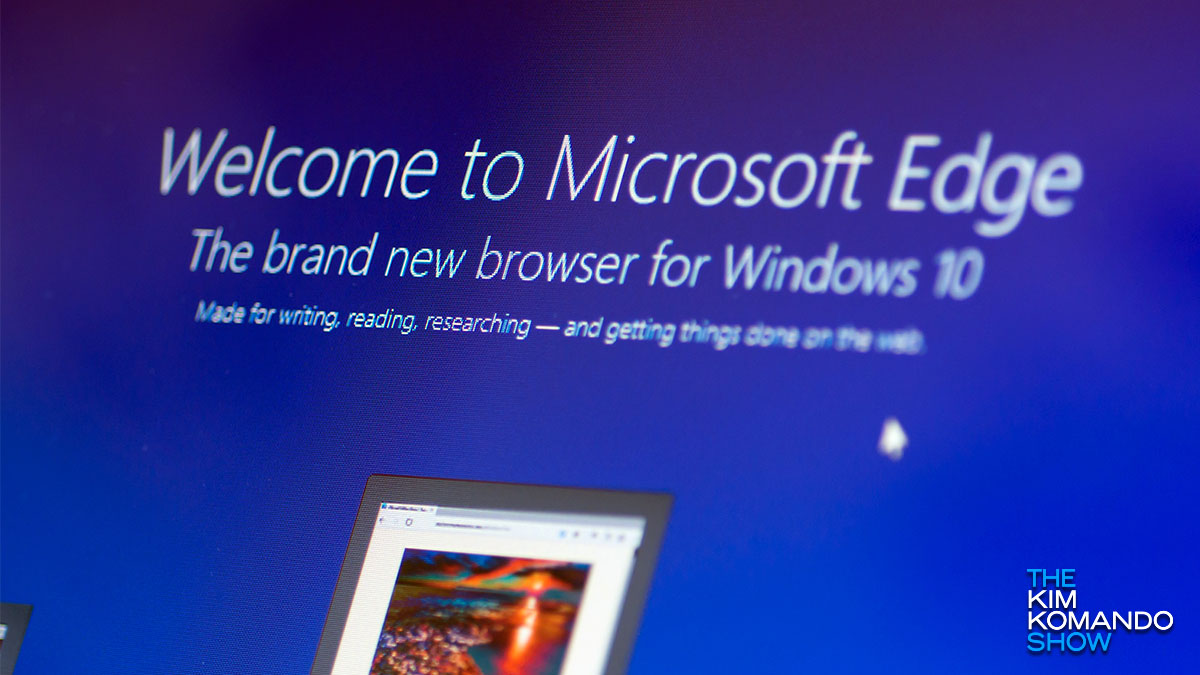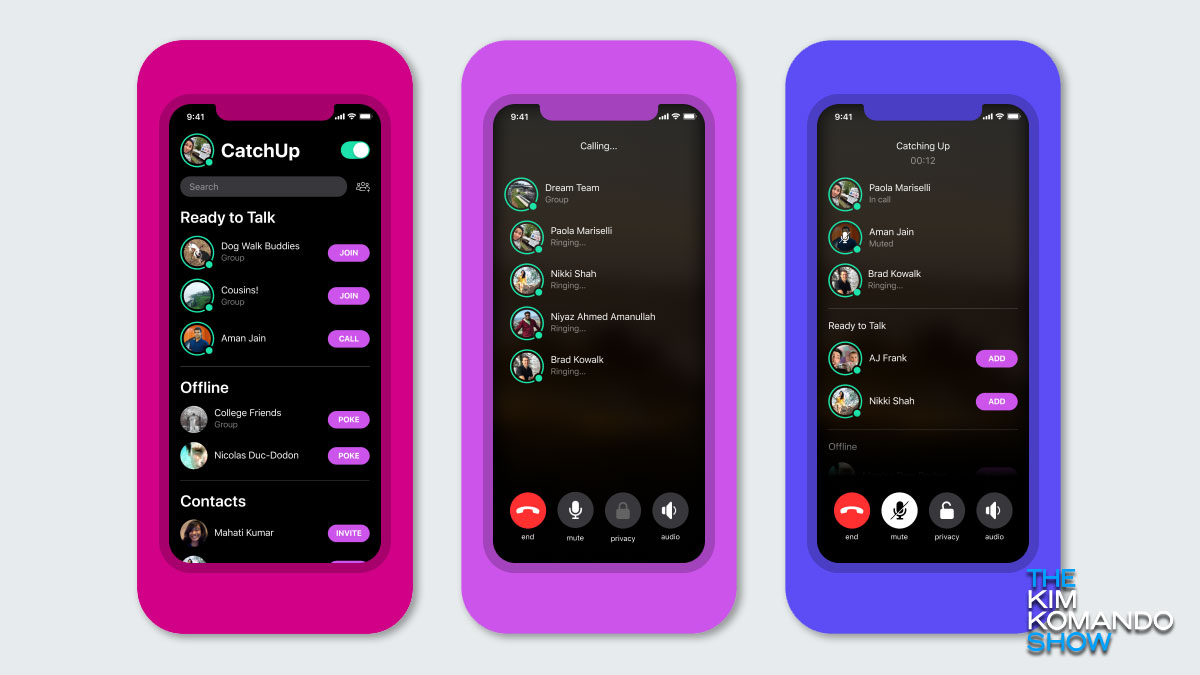🍏 Apple Intelligence update: Apple’s AI, built for iOS 18, will drop across several updates. Some ETAs: iOS 18.1 in October brings Siri’s new interface, natural conversation ability, and call recording and transcription. In December, iOS 18.2 brings image generation and ChatGPT integration. By March 2025, iOS 18.3 or 18.4 will add Siri’s on-screen awareness and app control.
PC acting up after the latest update? Try this

The latest update from Microsoft fixes 14 issues in Windows 10, but it’s not going smoothly for some.
There is always a chance that something can go wrong during an operating system’s update, and the last patch is creating havoc for some users. It’s not as severe as past update consequences, but it can still hamper productivity.
Read on for the variety of problems that can pop up after the Windows update and what you can do about them.
Here’s the backstory
Last week, Microsoft pushed out the optional KB5019275 Preview cumulative update for Windows 10 devices. While it doesn’t contain security patches, it corrects 14 bugs that affected usability.
However, some users who opted to install the update are experiencing several Windows-breaking flaws. Acknowledging the problem, Microsoft explains that “the Start menu, Windows search, and Universal Windows Platform (UWP) apps might not work as expected or might have issues opening.”
These affected Windows devices “might have damaged registry keys or data, which might affect apps using Microsoft Office APIs.” Some applications, such as ClickShare, rely on the API to integrate with Windows, Microsoft Office, Microsoft Outlook or Outlook Calendar.
What you can do about it
The Microsoft team responsible for updates is investigating the problem and only knows that the recent optional update could be the culprit. The group also said the issues could result from updates to installed apps. A follow-up patch isn’t available for now, but there is a workaround.
Microsoft suggests uninstalling apps that integrate with Windows, Microsoft Office, Microsoft Outlook or Outlook Calendar and then reinstalling the apps. Updates to affected apps or guidance from the app developer might also be available.
There isn’t an official list of apps that can cause this problem in Windows, but if you installed the latest optional update and things don’t work as intended, you might have the bug. It’s then suggested that you go through your list of integration apps and eliminate them one by one.
Popular applications that can integrate with Microsoft Office include Skype, Teams, Microsoft Edge, OneDrive, DocuSign and Salesforce.
Microsoft finally kills Internet Explorer. Should you use Edge?

When you boot up your computer, what’s the web browser you use to check Komando.com? For most of us, it’s Google Chrome — currently the most popular browser in the country. For others, it’s Mozilla Firefox — a privacy-centric browser that we recommend for savvy users. And let’s not forget our Mac users running Safari, of course.
Facebook has a new calling app. Is it worth downloading?

Facebook has been on a bit of an app-design kick recently. Not only has it bought up a good deal of competition for Messenger, but the company is now trying to make it so its software can compete with other platforms altogether!
Google announced 5 new products, #4 is better than Apple

Earlier leaks may have revealed what the new Pixel 3 smartphones will look like but with this event’s focus on the synergy between AI, hardware and software, Google had many surprises on tap. Aside from the new smartphones, get ready for a new kitchen assistant, a premium tablet and one killer accessory! Here are the five Google products that were announced we’re most excited about.
💣 Sounds expensive: By 2050, a new generation of tanks could replace those made during the Cold War. The plan is to outfit existing models with AI integration and Tesla-inspired tech. Think hybrid electric engines, autoloaders, self-launching drones and jammers to stop incoming missiles. Hopefully, they don’t have the Tesla fart-sounding horn.
No more free web browsers: Most lack the essential security businesses need, and app integration generally stinks. Enter the new genre of enterprise browsers (paywall link), built to be secure and productive. You’ll have to pay to play, of course. If you have a biz, it’s something to consider. It might even reduce your cyber-insurance costs.
